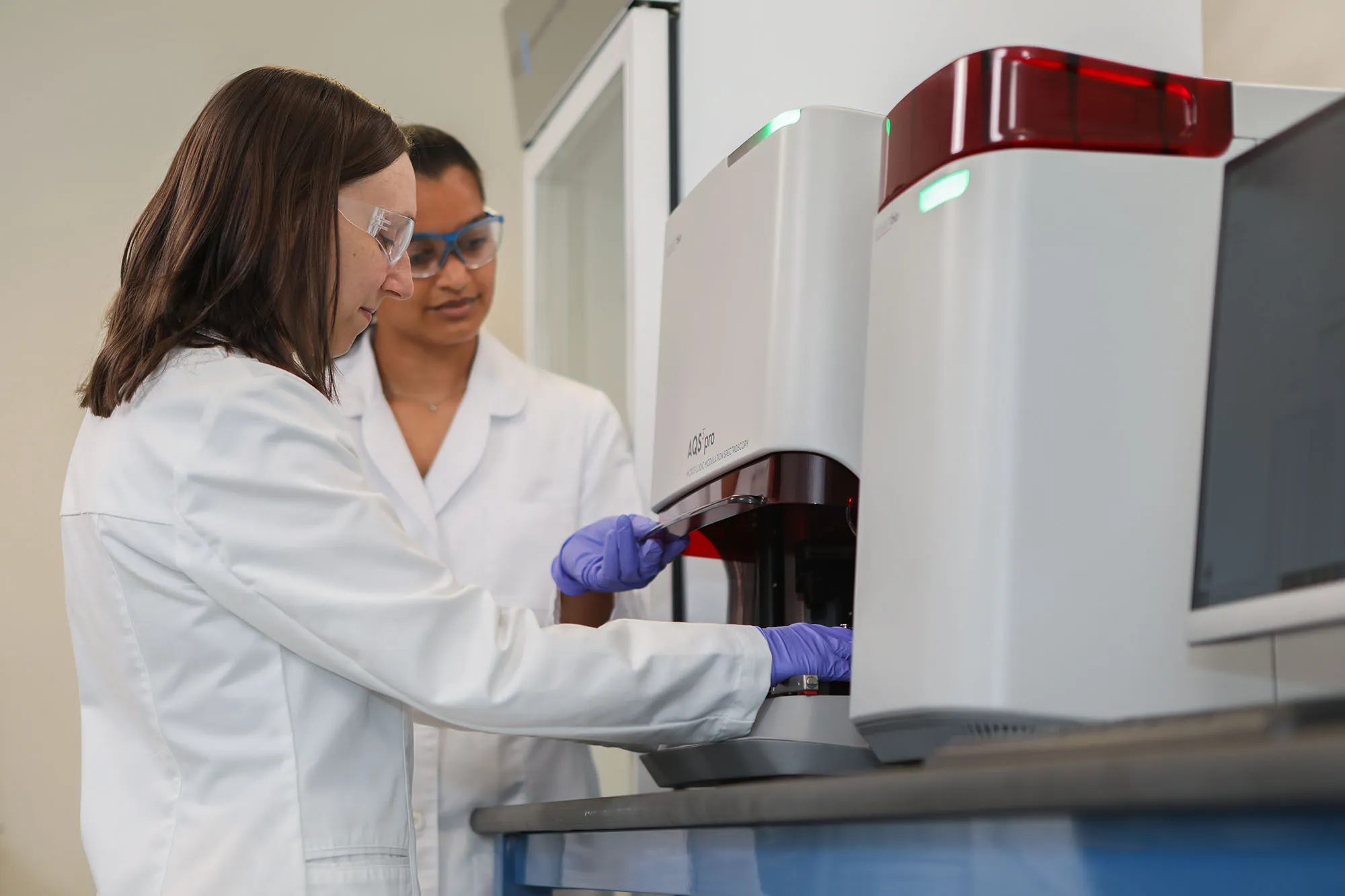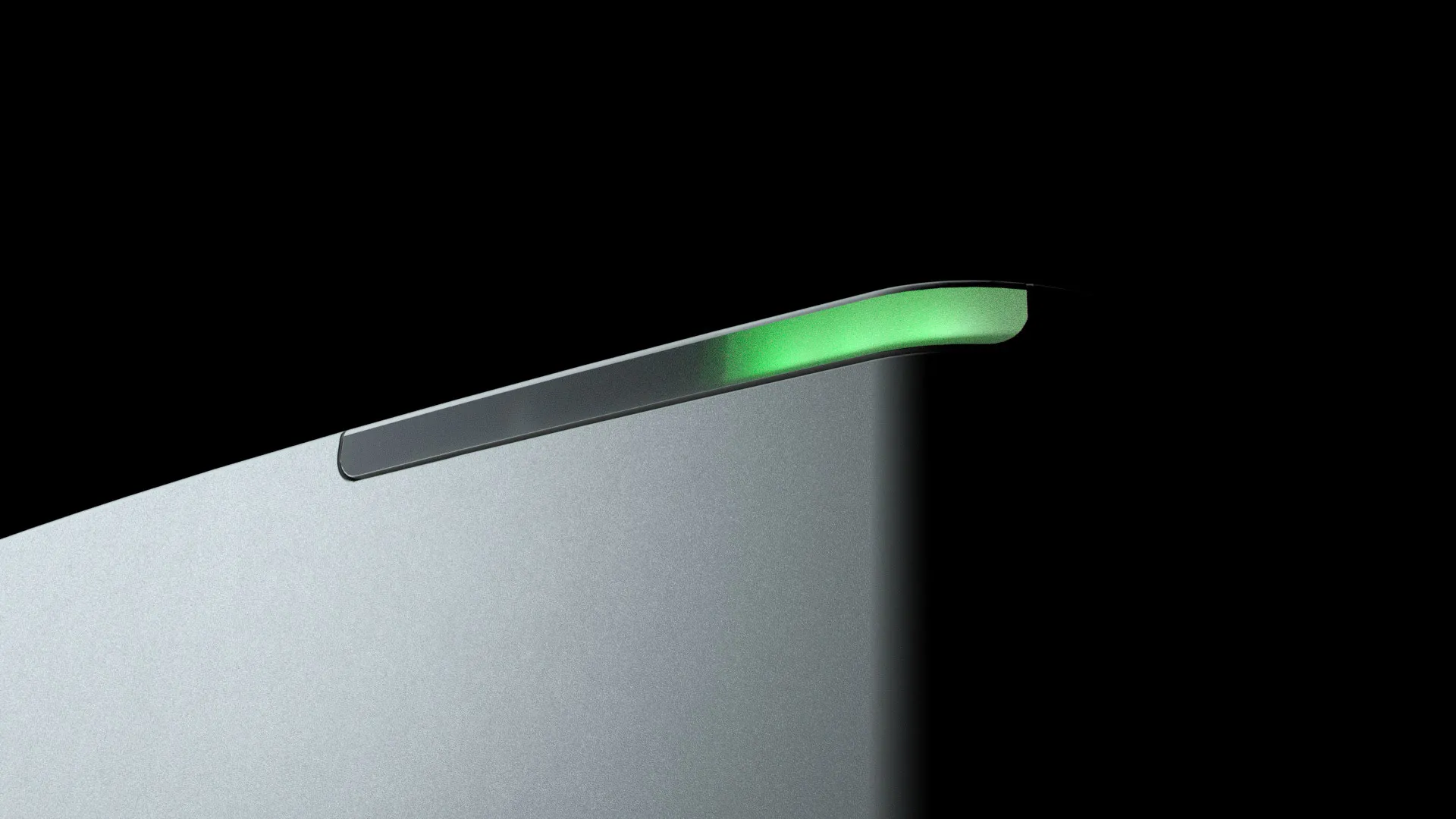
Advancing Structural Characterization of Therapeutic Proteins with Microfluidic Modulation Spectroscopy
Existing tools for measuring and monitoring the structure of biotherapeutic molecules during formulation have had until now very significant limitations in sensitivity and have been very difficult to use. In this webinar, Amgen shares data that demonstrates the power of Microfluidic Modulation Spectroscopy (MMS), a novel, fully-automated IR technology, to generate high-quality, reproducible secondary structure data for protein therapeutics, including monoclonal antibodies.
June 9, 2022 - 12:00 pm EDT/9:00 am PDT
Presentation Summary:
Infrared (IR) spectroscopy first came into use for characterizing proteins and peptides in the 1950s and has since gained acceptance as a powerful tool for protein and peptide characterization. By monitoring higher-order structure, IR spectroscopy is often applied as part of the assessment of critical quality attributes of therapeutic proteins throughout the development process. Other common structural characterization methods such as FTIR and CD have known drawbacks inreproducibility, sensitivity, and interference from buffers, which adversely increase the lowest level of quantitation (LOQ) achievable when measuring structural impurities and similarity. These limitations directly affect data quality, giving way to the risk of downstream product failure – a top concern to the biopharma formulator due to the impact on the project timeline and budget.
In this webinar you will discover how data quality can be significantly improved through the use of Microfluidic Modulation Spectroscopy (MMS); a novel automated IR technology that has proven to be an effective technique for generating high-quality, reproducible secondary structure data for protein therapeutics including monoclonal antibodies, even at low concentrations. Data will be shared to illustrate how researchers at Amgen Inc. of Thousand Oaks, CA analyzed monoclonal antibodies(mAbs) at concentrations ranging from 0.5 to 50 mg/mL and obtained superior data by optimizing detector dwell time settings. Additionally, we will discuss how the ability to generate reproducible data with high sensitivity at low formulation concentrations supports the use of MMS as a more reliable, cost-effective, and comprehensive method for evaluating the secondary structure of low concentration biotherapeutic formulations and modalities vs traditional IR techniques.
Amgen demonstrated how they can increase productivity and de-risk product failure in their biotherapeutic formulation process by more confidently detecting changes in protein structure using MMS. Register for this event TODAY and take your first step toward developing better formulations, faster and with greater confidence.
Presenters:
Dipa Batabyal, PhD
Senior Scientist, Process Development at Amgen

Valerie Ivancic Collins, PhD
Applications Manager, RedShiftBio


Webinar Form
Please complete the form to watch the video.

